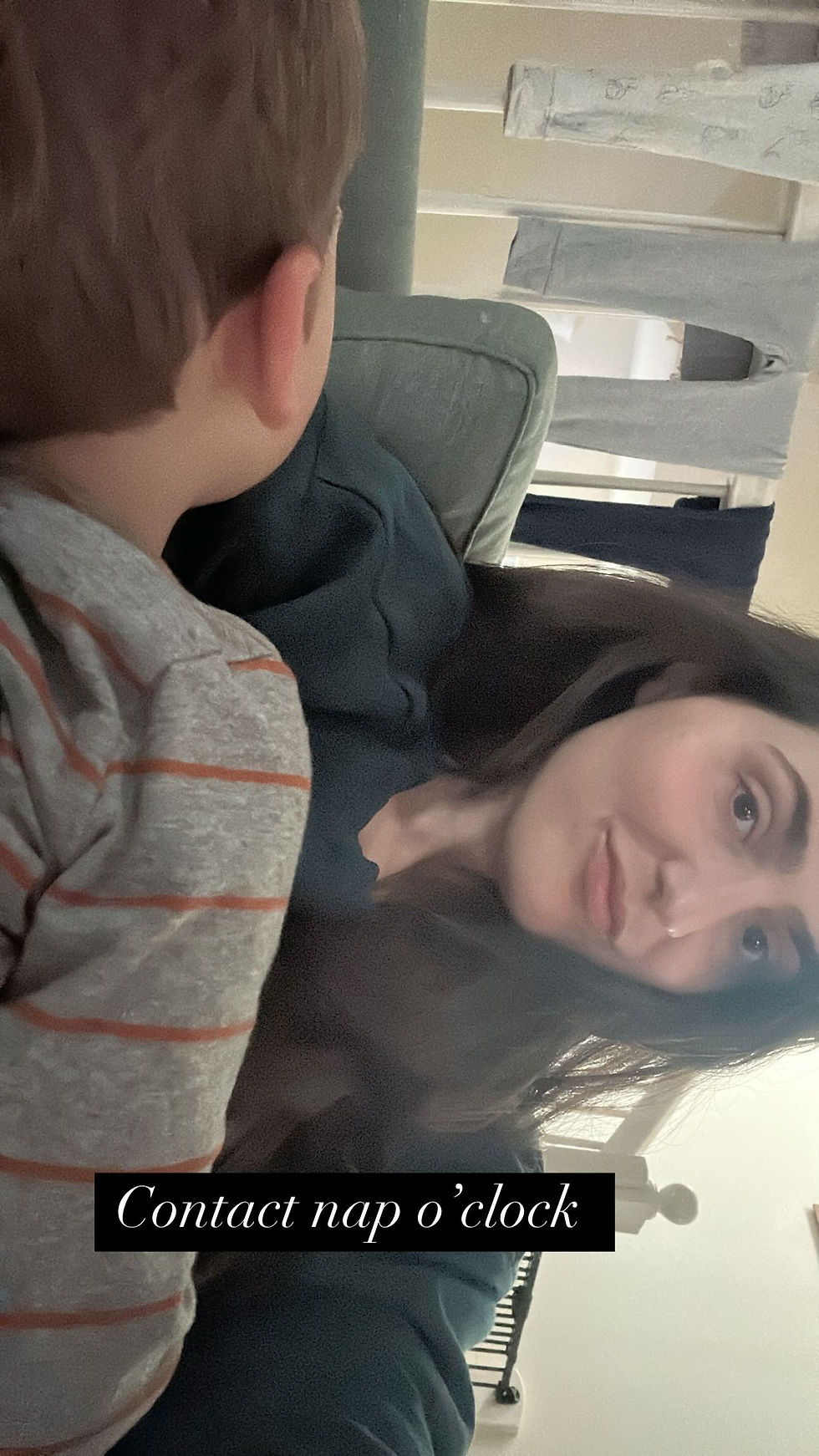Why We Still Have Such Low Expectations for Dads — and Why It’s Hurting Families
- arielbmendelson
- Oct 29
- 2 min read
By Ariel Cohen-Mendelson, LPCC

Somewhere along the way, our culture decided that dads deserve applause for “helping” — packing a lunch, changing a diaper, or “babysitting” their own kids — while moms quietly do it all. The bar for fatherhood remains shockingly low, even as modern moms work full-time, carry the mental load, and run the household.
It’s easy to joke about, but in my clinical practice, I see the emotional consequences every day: burnout, resentment, and growing distance between partners who truly love each other.
The Default Parent Trap
Even in dual-income homes, moms are still the default parent — the one who manages school emails, doctor appointments, meal planning, emotional regulation, and all the invisible logistics that make family life work.
Many dads see themselves as “helpers” instead of partners, and many moms find it’s just easier to do everything themselves. But when moms lower expectations and carry the entire load, it creates chronic stress and simmering resentment that quietly erode the relationship.
The Myth of the “Head of Household”
In many families, dads still want the privileges of being “head of household” — appreciation, relaxation time, and decision-making power — without bringing true head of household energy.
That energy isn’t about control; it’s about leadership, initiative, and shared responsibility.
Today’s moms aren’t just “momming” full-time — they’re also professionals, often contributing equally (or more) to the household income. Yet when dads come home expecting to unwind while moms start the “second shift” of dinner, homework, and bedtime, imbalance sets in.
It’s an overgeneralization, but in my experience, it’s more common than not.
The Modern Dad: Capable, Caring, and Still Learning
The encouraging news is that millennial and Gen Z dads are far more emotionally present than past generations. But participation without initiative isn’t partnership.
True engagement means seeing what needs to be done and doing it — not waiting to be asked.
Postpartum Brain and Beyond
A reminder for new dads: postpartum isn’t just about hormones. A mother’s brain undergoes measurable neurological changes after childbirth. Sleep deprivation, anxiety, and hormonal fluctuations can deeply affect her cognition, mood, and resilience.
When dads understand this and step up — managing logistics, protecting her rest, and showing empathy — it strengthens both partners’ mental health and the family’s long-term connection.
Moving Forward
If you’re feeling unseen, resentful, or stuck in unbalanced roles, it doesn’t mean your relationship is broken. It means it’s time to talk about expectations, communication, and partnership.
Start with compassion, not criticism:
“I need us to share this load differently,”
lands far better than,
“You never help.”
Healthy families thrive when both parents bring full partnership, presence, and energy to the table. Doing the bare minimum isn’t fatherhood — and doing it all isn’t sustainable motherhood.
Ready to Rebalance?
If this resonates with you, you’re not alone — and you don’t have to navigate these challenges on your own.
As a licensed therapist in California, I help parents and couples build healthier communication, restore balance, and strengthen their connection through every stage of parenthood.
If you’re ready to move from burnout to partnership, reach out today to schedule a consultation. Together, we can help your family thrive — not just survive.





Comments